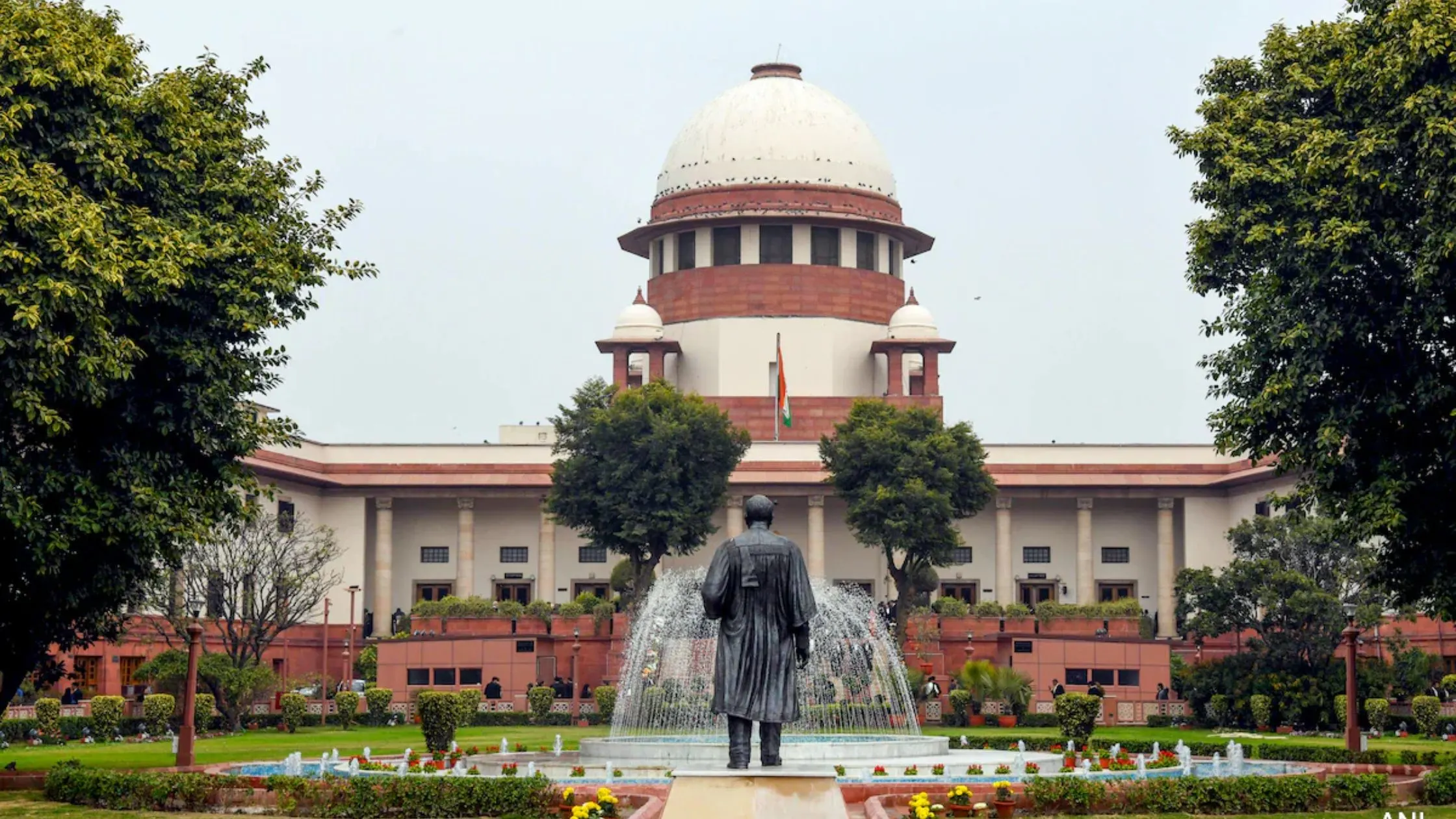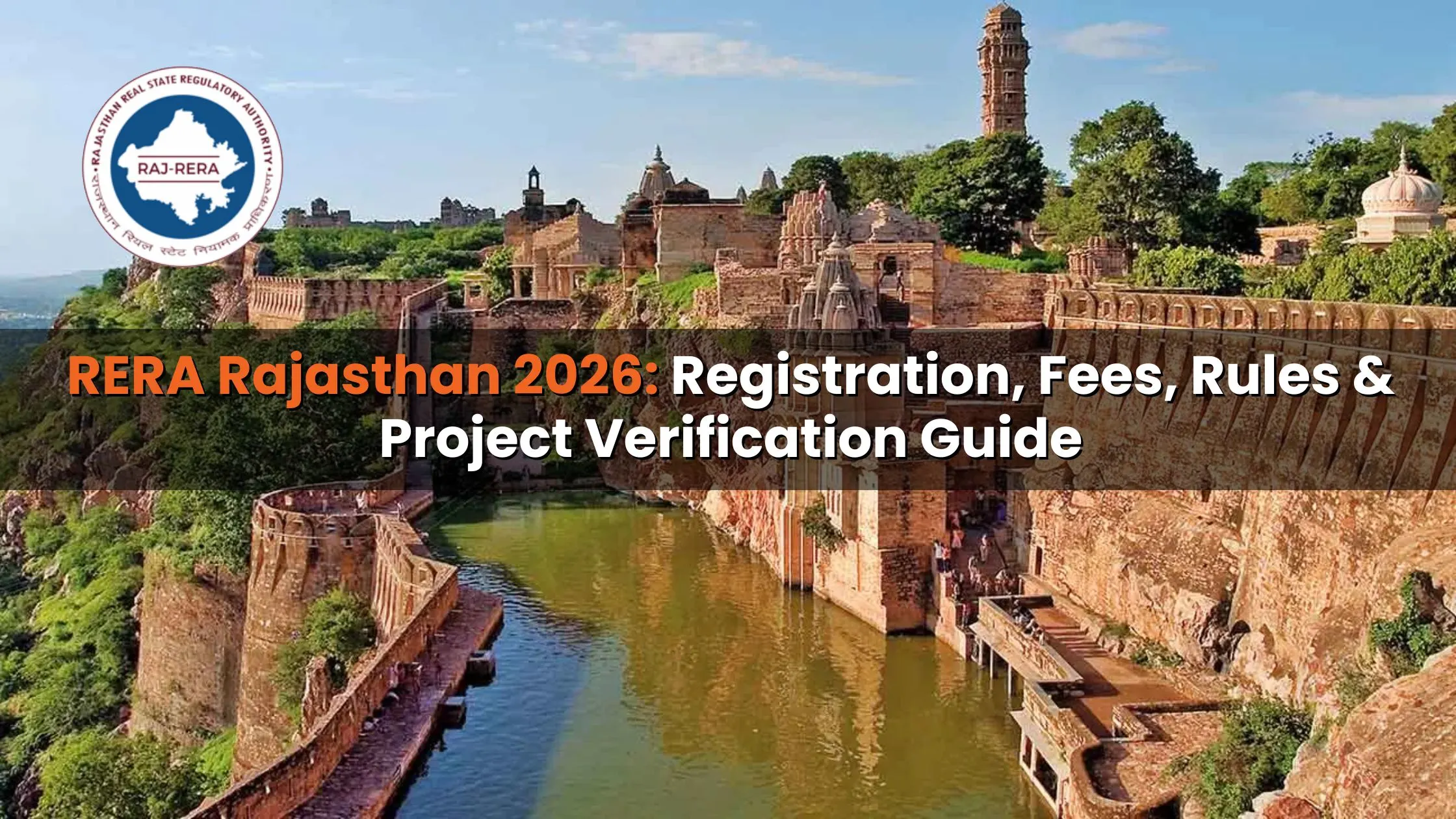Table of Content
▲
Possible reasons for exiting a project
Developers’ default
Defaults by developers are unfortunately quite common. If a developer fails to meet project deadlines or violates any provisions of the Real Estate (Regulation and Development) Act (RERA), the buyer should follow the steps outlined in their agreement. This usually involves sending a formal notice to the developer, highlighting the default or breach, and providing them with a reasonable period to address the issue.
If the developer does not correct the breach, the agreement will specify the next steps and consequences. Typically, if an agreement is terminated due to delays in possession or other breaches, the buyer is entitled to a refund of the amount paid, along with interest. This interest is calculated at SBI’s highest marginal cost of lending rate plus 2%, as per Section 19(4) of RERA.
The key here is that the developer must be in genuine breach of the agreement or there must be a significant delay in possession. If the developer still does not refund the amount with interest after receiving a termination notice, the buyer can file a complaint with the relevant RERA authority for resolution.
Also Read: Haryana RERA imposes penalty on Gurugram developer
Personal reasons
When home buyers need to cancel a significant purchase, there are usually compelling reasons behind it—such as a sudden emergency, a family death, loss of income, or a shift in investment plans. In such cases, the sale agreement becomes crucial. For instance, a sample clause from the Madhya Pradesh RERA agreement states:
“The allottee has the right to cancel or withdraw from the project as per the Act. However, if the allottee chooses to cancel or withdraw without any fault on the part of the promoter, the promoter is entitled to retain the booking amount paid. The remaining balance of the money paid by the allottee will be refunded by the promoter within 60 days of the cancellation.”
It’s important for buyers to review and understand such clauses in their sale agreement. This will help them navigate the process effectively if they need to exit the project for reasons unrelated to the developer's fault.
Cancellation procedure
Allotment cancellation by the developer
Booking cancellation by the buyer
According to Chapter III, Section 13 (1) of the law, a promoter or developer cannot request any deposit before the sale agreement is registered. The law specifies that a promoter may only accept up to 10% of the total cost of the property as an advance or application fee, but only after a written agreement for sale has been signed and registered.
In simpler terms, it is illegal to make any payment towards purchasing a property before the sale agreement is officially registered. After registration, if you decide to cancel your booking, you should refer to the terms and conditions outlined in the agreement. Typically, you may lose the booking amount.
If you have already paid an amount before the agreement was registered and decide to cancel the booking, the developer should ideally return the full amount you paid. If they do not, you have the right to approach the relevant Authority for resolution.
Also Read: UP RERA calls out builders to appear for online hearing


_1770964981.webp)



_1768985363.webp)



_1770976628.webp)
Ans 1. Right to claim refund: The home buyer has the right to file a complaint under RERA and claim the refund of amount paid along with interest and compensation from the builder, in case the builder fails to comply or is unable to give possession of the property as per the terms mentioned in the agreement for sale or due to ...
Ans 2. The RERA empowers the homebuyer to cancel an allotment of the apartment booked with a builder at any stage even if there is no default on the part of the developer. It binds the builder to return the money collected from the buyers within 45 days of such cancellation after deducting the booking amount.
Ans 3. The registration granted shall not be revoked unless the promoter has been given a 30 days written notice to state the grounds why the registration should not be canceled by them and produce the sufficient cause to the authority.
Ans 4. The rights and duties of buyers and sellers are critical components of commercial transactions. Buyers have the right to receive goods as per the contract, reject non-conforming goods and seek damages for breach. They must pay the agreed consideration, apply for delivery and accept goods within a reasonable time.
Ans 5. RERA provides comprehensive protection to property buyers by ensuring that developers adhere to strict guidelines and timelines. Buyers are entitled to receive timely possession of their properties as per the agreed-upon terms and conditions.